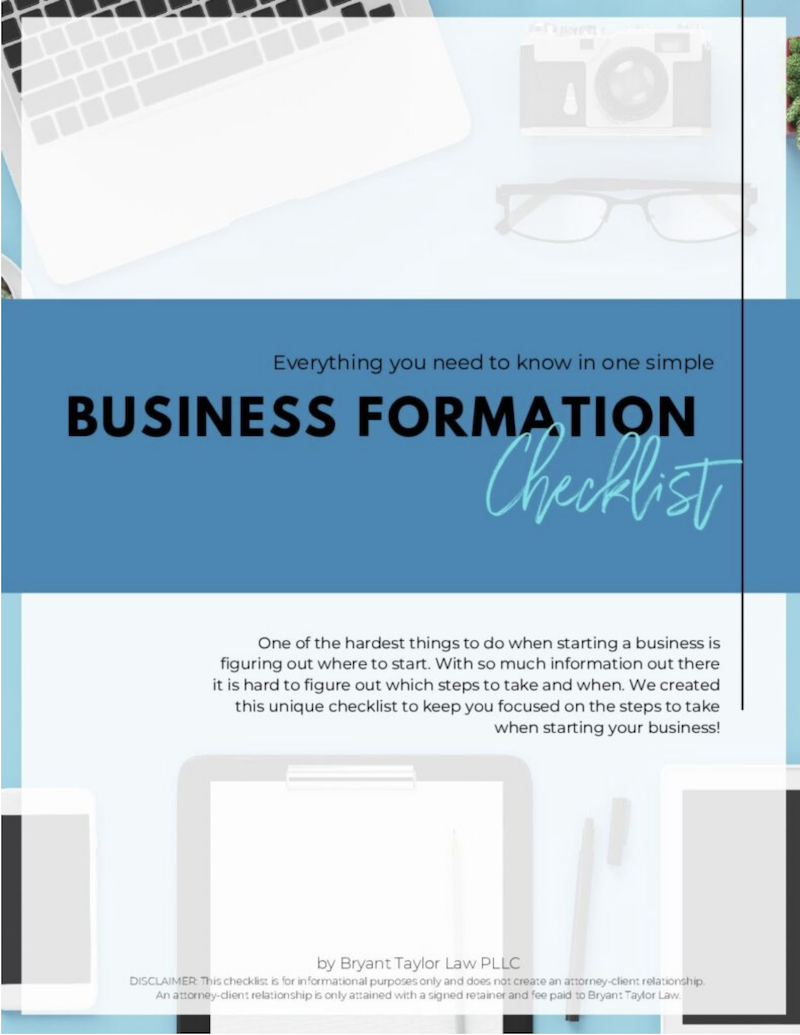
Your real estate investments should always be covered by contracts that ensure all parties with an interest in those properties understand the terms and conditions. Ultimately, confusion is one of the biggest causes of lawsuits down the road. If the two parties aren’t on the same page then they may go into an agreement and live out an agreement with different intentions and different expectations.
This can be especially true in the case of rent-to-own agreements. These agreements are relatively basic in the way they are formed and instituted but present unique risks for each party. These can be a great option for sellers to maintain a steady rental income while setting themselves up for a sale. For buyers, it may make sense to enter an agreement that allows you to move into the home today while you work to secure the finances you need to buy the home at a later date.
Basic Aspects of a Rent-to-Own Agreement
Upfront, a rent-to-own agreement is set up as a normal rental agreement. You will need to form a rental agreement just as you would for any other rental property you own. This keeps the title of the home under your control while allowing the tenant and potential buyer to occupy the property. One of the key differences, however, is that the tenant will often be responsible for repairs/updates during the rent-to-own agreement (make sure this is explicitly stated).
The second key aspect of these agreements is what is called an “option to purchase.” This agreement details the circumstances the buyer and seller must abide by in order for the sale to move forward. These options don’t need to include the full details of the sale right away. You won’t need to determine the price of the home today unless both parties agree to do so. What’s more likely is that you will agree on a date by which the value of the home must be finalized – accounting for any appreciation or depreciation over time.
Option Agreements vs. Purchase Agreements
The option to purchase agreement may actually be a formal purchase agreement, as well. In rare cases, the buyer and seller will agree on what’s called a “lease-purchase agreement” which requires the buyer to purchase the home at the end of the determined period. There’s obviously a major risk in this as the buyer may not have the necessary financing at that time but will still have a legal obligation to fulfill the purchase.
A lease-option agreement simply allows the buyer to have the option to buy the property at a determined date. These are safer and, generally, more logical for both parties. If the buyer doesn’t have the necessary financing at the later date then they don’t have to worry about legal ramifications.
Option Fees
Now, there must be some benefit to the seller to enter into such an agreement. That’s where option fees come in. These agreements include an option fee that’s paid by the renter/buyer to secure the right to buy the property.
These fees are often a small portion of the value of the home (less than 5%). While nothing requires them to be non-refundable, they almost always are. That means if someone enters into a rent-to-own agreement but never purchases the home then they will be out of whatever they paid for the option fee. This fee and a portion of the rent are often applied directly to the final sale price of the home.
Both Parties Have Obligations To Each Other
When a rent-to-own agreement is reached, there are obligations that must be fulfilled throughout the life of the agreement. Buyers are not permitted to put the house on the market to other buyers and can only enter into a sale agreement with the renter/buyer.
Both parties should also consider getting appraisals done for the property to ensure the correct value is applied. You wouldn’t normally seek an appraisal during a rental agreement, but there may eventually be a sale of the home. This makes it imperative that both parties understand the actual value of the home.
Neither party should take this agreement lightly. Every detail needs to be carefully considered and reviewed before committing. At Bryant Taylor Law, we can help you form a rent-to-own contract that’s legally sound and that makes sense for both parties. Contact our team if this is an avenue you’d like to explore for your Florida real estate properties.
Bryant Taylor
Latest posts by Bryant Taylor (see all)
- Understanding Hard Money Lending for Real Estate Investments - April 18, 2024




